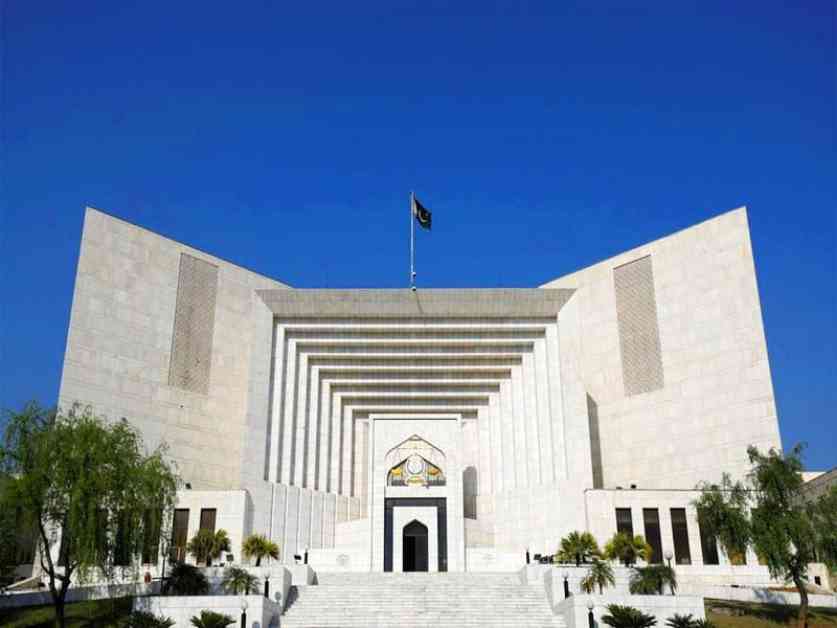Supreme Court Boosts Constitutional Bench to 13 Judges
In a recent development, the Supreme Court of Pakistan has made a significant move by expanding its constitutional bench to accommodate a total of 13 judges. This decision comes after the approval of the addition of five new judges to the bench, a decision aimed at enhancing the bench’s capacity to handle intricate constitutional matters effectively.
New Faces on the Bench
The five newly appointed judges, namely Justice Hashim Kakar, Justice Amir Farooq, Justice Shakil Ahmad, Justice Ishtiaq Ibrahim, and Justice Salahuddin Panhwar, are set to bolster the Court’s ability to address pressing constitutional issues more efficiently. These appointments mark a pivotal moment in the evolution of the Supreme Court’s constitutional bench, adding a fresh perspective and expertise to the judicial proceedings.
Judicial Commission’s Role
The Judicial Commission of Pakistan (JCP), under the leadership of Chief Justice Yahya Afridi, played a crucial role in the formation of the constitutional bench. The JCP’s decision to appoint Justice Amin-ud-Din Khan as the head of the bench signifies a strategic move to ensure effective leadership and direction within the expanded bench. This move was backed by a 7-5 split decision, highlighting the diverse opinions within the commission regarding the formation of the bench.
Geographic Representation
With the inclusion of Justice Ayesha Malik, Justice Naeem Akhtar Afghan, and Justice Jamal Khan Mandokhail to the bench, the Supreme Court aims to ensure fair representation from different provinces. Justice Ayesha Malik will represent Punjab, while Justice Naeem Akhtar Afghan and Justice Jamal Khan Mandokhail will represent Balochistan, showcasing a commitment to geographic diversity and inclusivity in the judicial process.
Constitutional Bench’s Mandate
The formation of constitutional benches at the Supreme Court, as stipulated by the amendment to Article 191-A, signifies a critical step towards enhancing the Court’s capacity to handle original, appellate, and advisory jurisdiction. These benches, comprising an equal number of judges from each province, are instrumental in addressing complex constitutional matters and ensuring a balanced representation of diverse legal perspectives.
Amendments and Reform
The 26th Constitutional Amendment, which recently cleared through parliament amid some controversy, introduced key changes to the selection process for the chief justice of Pakistan and paved the way for the establishment of constitutional benches in the Supreme Court. This reform underscores the evolving nature of Pakistan’s judicial system and the ongoing efforts to strengthen the judiciary’s capacity to uphold constitutional principles and deliver justice effectively.
In conclusion, the Supreme Court’s decision to increase the number of judges on its constitutional bench to 13 marks a significant milestone in the Court’s commitment to addressing complex legal issues and upholding the principles of justice and constitutionalism. With a diverse panel of judges and a renewed focus on geographic representation, the expanded bench is poised to navigate the complexities of constitutional law and deliver impactful decisions that shape the legal landscape of Pakistan for years to come.









